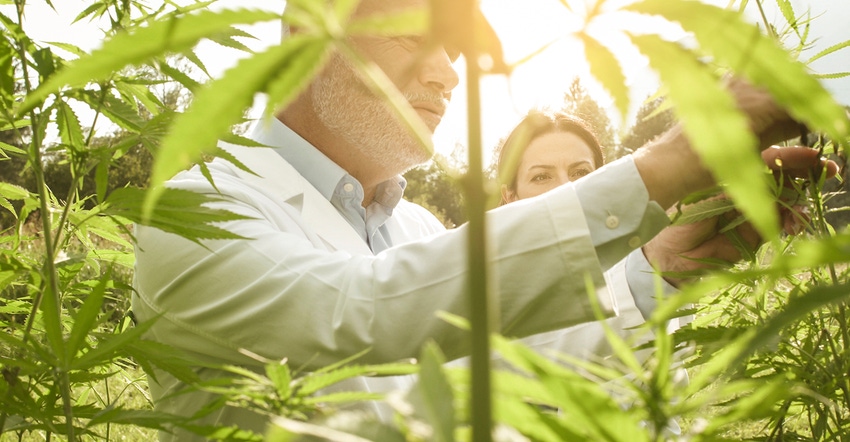With the regulatory uncertainties behind CBD and hemp, third-party certification can provide some comfort to brands and consumers.

The meteoric rise of CBD and hemp products has been exciting to watch over the last few years. With the expansion has come fierce competition, making it hard for companies to rise above the crowd. Third-party certification provides distinct advantages to brands in the CBD and hemp product realm. A certification seal demonstrates a deep commitment to quality and builds trust among customers or consumers. In so doing, certification may provide a surprising return on investment.
Third-party certification usually focuses in one of three areas: auditing the production and quality control (QC) process; testing to verify label claims or check for environmental contaminants; or specialty options that focus on things like gluten, non-GMO, organic, or protection against WADA (World Anti-Doping Agency)-prohibited substances or other unwanted agents. Some certification providers focus broadly on multiple areas while others may focus on one area only.
To accomplish the job, third-party certification providers perform one or more tasks. The process might include an audit of good manufacturing or agricultural practices or it may include third-party testing to confirm product specifications are met or check for unwanted substances or contaminants. Sometimes, it’s both. Other important elements that may be included are label compliance reviews and website claims assessments.
Programs may be offered to companies at different levels of the CBD and hemp product industry. Some provide services broadly to finished product brands, raw material providers and manufacturers, while others focus more narrowly on one or two levels. In the case of CBD and hemp products, there is an extra level to consider for growers and producers of hemp plants who sometimes produce their own raw materials as well.
Finished product brands need to know the raw materials they are using are legally produced and meet percent limits for delta-9-tetrahydrocannabinol (Δ-9-THC) content; otherwise they may face huge setbacks and legal risks. Consumers want to know the product they’re using provides what it claims and is not going to cause unwanted effects or potential harm by having too much Δ-9-THC or other hidden impurities.
This is an excerpt from a longer article. To read it in its entirety—along with additional articles on the market—check out the CBD in functional foods – digital magazine.
Oliver Catlin is the president and co-founder of the BSCG (Banned Substances Control Group), a leading international third-party certification and testing provider. With a background in sports anti-doping analytical testing, he is widely regarded as a thought leader in the field of certification of nutrition products and dietary supplements.
About the Author(s)
You May Also Like






.png?width=800&auto=webp&quality=80&disable=upscale)